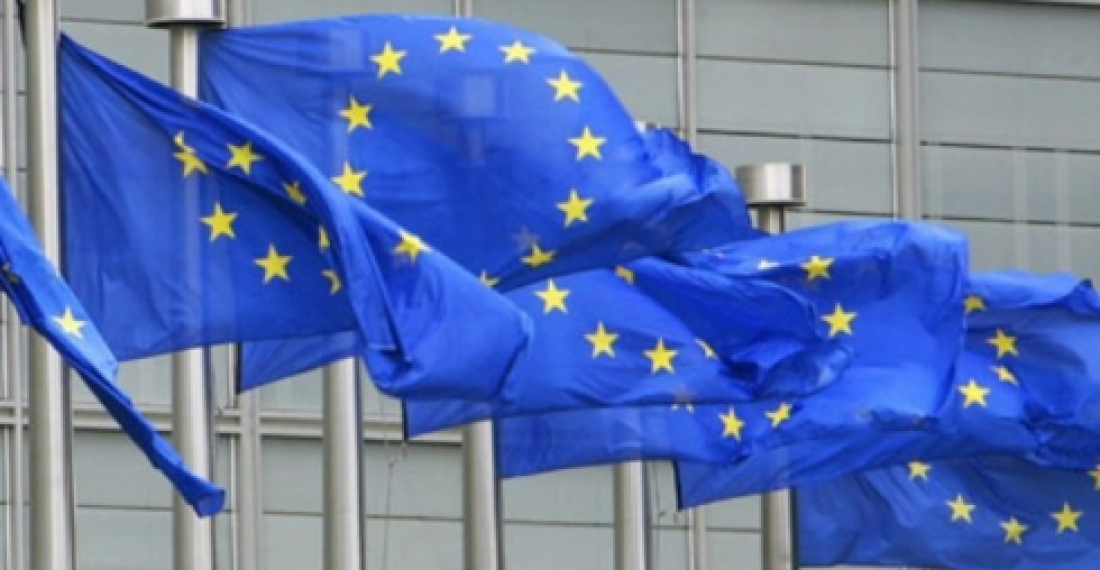The European Union has announced the launch of a second phase civil society programme, aimed at supporting the peace-building efforts concerning the conflict over Nagorno-Karabakh.
The European Partnership for the Peaceful Settlement of the Conflict over Nagorno-Karabakh (EPNK) is a consortium of five European NGOs, which seeks to work with local partners in the South Caucasus on a wide range of peace-building projects to improve framework conditions conducive to positively impacting the Nagorno-Karabakh conflict settlement process.
The EU-funded programme promotes a dynamic dialogue between a broad range of policymakers, media and civil society from all sides of the conflict. It also supports a wider participation of conflict-affected people in the peace process, including women, youth, internally displaced persons and refugees. The activities are arranged around three main themes: media, public policy and conflict-affected groups.
They aim to:
-
Broaden the base of participation in peace-building initiatives, with special attention given to marginalised groups;
- Build confidence between all sides of the conflict through increased people-to-people contact;
- Promote fresh analysis and new ideas that challenge existing discourses on the conflict with peace-oriented visions of the future, and
- Actively engage civil society in dialogue with policy makers at national and international levels on the transformation of the Nagorno-Karabakh conflict.
The EPNK programme will last three years and is a continuation of a programme launched in 2009 under the Instrument for Stability. The European Union’s Instrument for Stability is a special financial instrument created to support the peaceful settlement of conflicts, de-escalation of tensions and post-conflict rehabilitation world-wide.
source: European Unıon Delegation, Tbilisi







